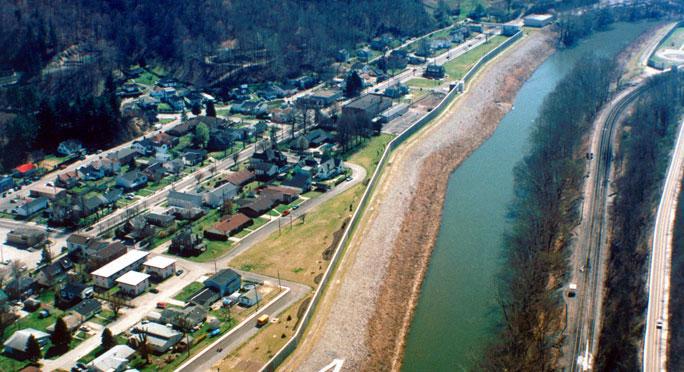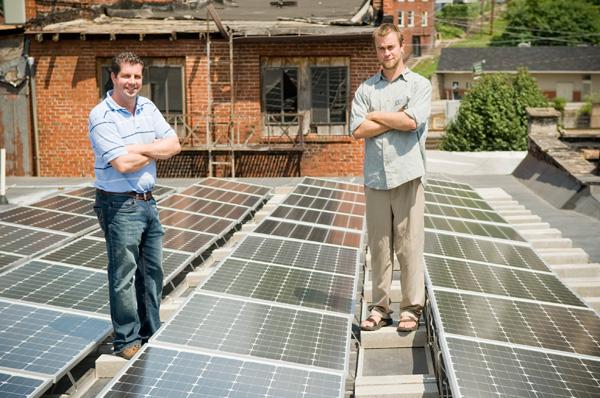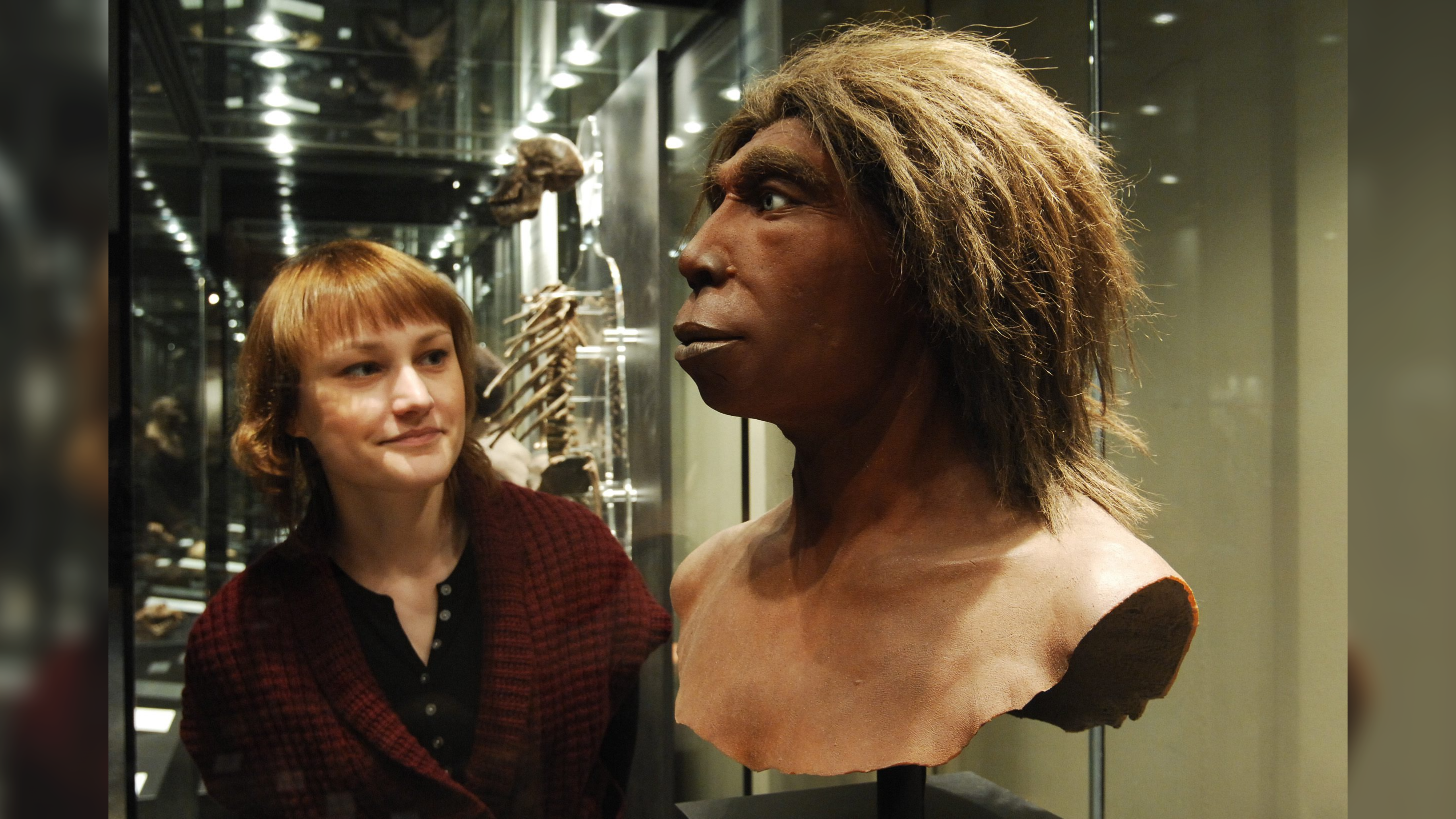
A Coal Town Turnaround (Op-Ed)

Get the world’s most fascinating discoveries delivered straight to your inbox.
You are now subscribed
Your newsletter sign-up was successful
Want to add more newsletters?
Join the club
Get full access to premium articles, exclusive features and a growing list of member rewards.
Rocky Kistner is a communications associate for the NRDC. This Op-Ed originally appeared as an article in OnEarth magazine. Kistner contributed this article to Live Science's Expert Voices: Op-Ed & Insights.
In West Virginia's largest newspaper this week, journalist Ken Ward Jr., a veteran chronicler of the coalfields, spotlighted poll numbers that might surprise the politicians in his state — most of whom are already bemoaning President Obama's new carbon pollution standards as a "war on coal."
"Americans living in coal-heavy states are supportive of limiting greenhouse gas emissions," Ward quoted from a new Washington Post-ABC News poll, pointing out that previous surveys have found similar results. Among those in states where a majority of electricity is produced by burning coal, 69 percent say the government should place limits on greenhouse gas emissions."
Ward used those results to pound West Virginia pols for being out of step with their constituents when they try to derail efforts — like the one announced by the Environmental Protection Agency in early June — to clean up coal-fired power plants and transition to a clean energy economy.
"More importantly," he asked, "what about the future of a state where a huge chunk of the coal industry is already expected to go away — regardless of what EPA does?"
This isn't an idle question in towns that are already suffering from double-digit unemployment as coal mining gets replaced by natural gas and cleaner forms of power — and where the local populace is dealing with a rash of coal-related health problems on top of the economic downturn.
One of those towns is Williamson, West Virginia (population: 3,100), a place billed as "the heart of the billion-dollar coalfields," where the local chamber of commerce headquarters is literally made out of coal — 65 tons of it, to be exact. It's a place where some of the residents still trace their roots to the fabled Hatfield and McCoy clans, and where local tourism is based around exploring that famous family feud. It's a place where heritage runs deep.
Get the world’s most fascinating discoveries delivered straight to your inbox.
And yet Williamson is also a place primed and ready to move past its coal-mining roots, if given the chance. As Ward's paper explained recently, many of Williamson's community leaders — the former mayor, a town doctor, educators, businessmen and others — got together five years ago in an effort to revitalize the community under the banner Sustainable Williamson.
The initiative started small, mostly focused on improving health (Mingo County, where Williamson is located, tops the state in residents with physical and mental health problems — many of them coal-related). But the group's efforts have since extended to replacing some coal-generated electricity with solar panels and making town buildings more energy efficient.
What makes Sustainable Williamson potentially groundbreaking is that it involves allies who bring very different interests and occupations to the table. Veterans of the coal and gas industry sit down with young clean energy activists in the local coffeehouse to talk strategy alongside city officials and the school superintendent. All are coming together with a common goal: improving the health and job prospects for a town long down on its luck.
Now, thanks to the common ground they've laid, there's a growing sense that things can be different. "It's a holistic approach," Dr. Dino Beckett, who was born in raised in Williamson and treats patients at the new health center (built in part with federal grants that incorporate solar and energy efficiency measures), told me.
"We will never abandon our coal heritage," Beckett said. "But we need to be more forward thinking and [diverse with] our economy."
I've never been to Williamson, but I've visited many similar communities all over the country, in places like Louisiana and Iowa, where fishermen and farmers and the people who work in fossil fuels understand that change is coming — whether they accept the concept of climate change or not. They value their heritage and old way of life, and some are determined to cling to it. But many — if not most — seek a path toward a new way of supporting their families.
That's what motivates the leaders in Williamson. And it's what Ward argues that their state and federal representatives should be doing, too: embracing change, not fighting it.
"Before, people here just knew coal," said Charlie McCoy, president of the local chamber of commerce — the one housed in that building actually made out of the black rock. Changing things, he said, "will take an entrepreneurial spirit." And it means looking forward, not back — no matter what the politicians say.
Follow all of the Expert Voices issues and debates — and become part of the discussion — on Facebook, Twitter and Google +. The views expressed are those of the author and do not necessarily reflect the views of the publisher. This version of the article was originally published on Live Science.
 Live Science Plus
Live Science Plus












